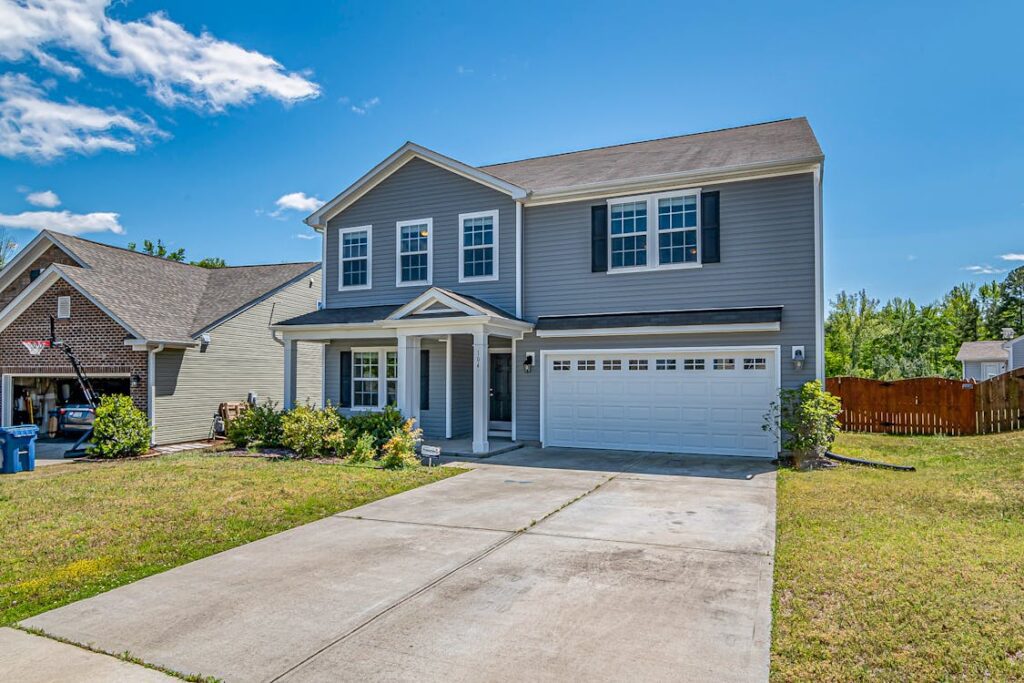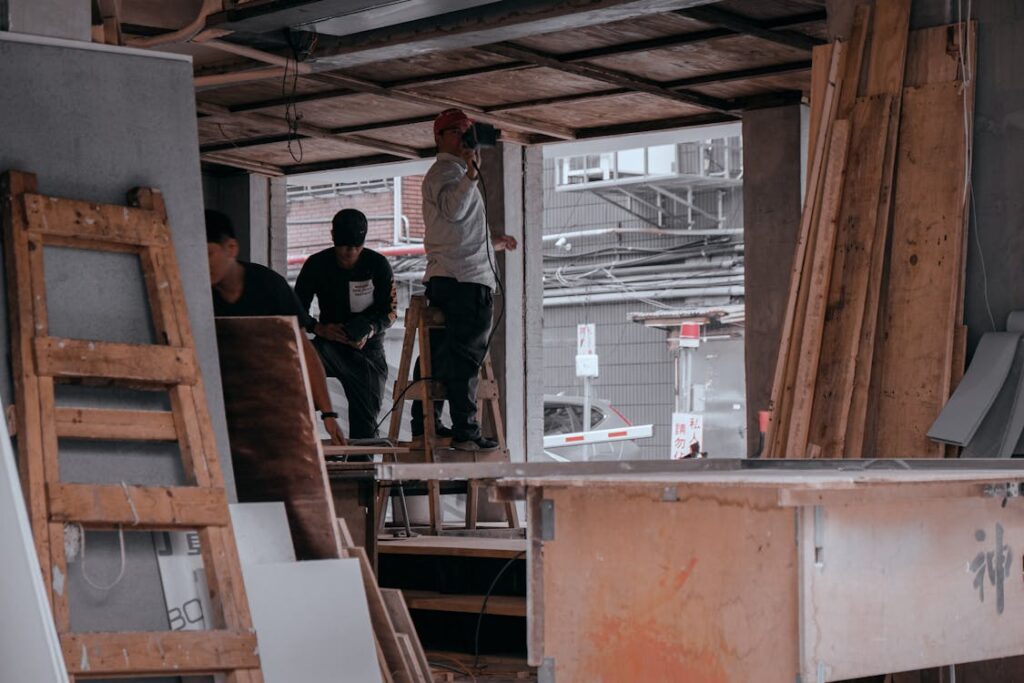Securing funding for real estate development isn’t just about getting capital—it’s about getting it from the right source. With high stakes, tight timelines, and substantial risks, choosing the right development loan lender can be the difference between a successful build and a stalled site. However, many borrowers make the mistake of accepting the first offer that comes along without asking the right questions.
If you’re looking for real estate development loans, here’s a detailed checklist to help you vet potential development loan providers and protect your project from hidden costs, misalignment, and missed deadlines. Let’s learn more about this.
Why Your Choice of Development Loan Lender Matters
Development projects are complex, and the wrong lender can slow you down with rigid terms, inexperience in your property type, or slow approvals. A development loan lender who doesn’t understand your market or project goals can force compromises that affect profitability.
Your lender should be a partner—not just a funder.

Questions Every Borrower Should Ask
1. What experience do you have with similar projects?
Before moving forward, ask:
- Have you financed projects in this city or zoning district?
- Do you work with developers building at this scale?
- Can you provide references?
Some development loan lenders specialize in residential builds. Others focus on mixed-use or commercial projects. Their portfolio tells you how well they understand your needs.
2. How flexible are your loan terms?
Development never goes exactly as planned. Ask:
- Can the loan amount be adjusted if costs change?
- What happens if permitting takes longer than expected?
- Can construction delays be accommodated?
You want a development loan lender who can adapt. Inflexible terms can cost you significantly in penalties or force rushed decisions.
3. What are your interest rates and fee structures?
Get a complete financial picture upfront:
- What is the base interest rate?
- Is it fixed or variable?
- Are there origination fees, draw fees, or exit fees?
- What is the penalty for early payoff?
Understanding how fees accumulate is essential. Some development loan lenders offer lower rates but make up for it in hidden charges.

4. What is your loan-to-cost (LTC) and loan-to-value (LTV) requirement?
Typical LTC for real estate development loans ranges between 65–80%. If your project needs more than that, you may need to bring in equity or subordinate financing. Be clear about:
- How much equity you’re expected to bring
- If mezzanine financing is allowed
5. What is your average approval timeline?
Time is money in development. Ask:
- How long does your underwriting process take?
- What documents are required up front?
- How soon can funds be disbursed?
Fast-moving development loan providers will have structured processes and draw schedules to keep things moving.
6. How do you handle draw schedules?
Mismanaged draws lead to project delays. Ask:
- What documentation is required for each draw?
- Is a site inspection required before each disbursement?
- How quickly are draws approved and paid?
Well-managed draw schedules help you pay contractors on time and avoid work stoppages.
7. What happens if I exceed budget or hit delays?
Real estate development is unpredictable. Ask:
- What flexibility exists for loan term extensions?
- Are there options for refinancing with you?
- What happens if delays go beyond the loan term?
Some development loan providers are better equipped to deal with overruns than others. Knowing their stance upfront protects your contingency planning.
8. Do you offer construction-to-perm loans?
If you want to transition from a construction loan to long-term financing without refinancing, ask:
- Is conversion automatic or subject to new underwriting?
- What are the permanent loan terms?
- What happens if market rates change before conversion?
Real estate development financing with a built-in exit plan simplifies your long-term investment strategy.

9. Who will be your main point of contact?
You need clear communication throughout the loan cycle. Ask:
- Will I work with the same person from application to closing?
- How accessible is your team during construction?
- Do you offer real-time updates or a digital portal?
Poor communication is one of the biggest complaints developers have about development loan lenders.
10. Are you a direct development loan lender or broker?
Direct development loan lenders underwrite and fund loans with their own capital. Brokers connect you with other lenders. Ask:
- Are you funding this loan yourself?
- If not, who is the capital source?
- What is your compensation structure?
Knowing who’s behind the money can help you anticipate how decisions will be made and how fast.
Looking for the Right Development Loan Lender That Checks All the Boxes?
Insula Capital Group offers responsive, flexible real estate development financing solutions built for developers who need speed, clarity, and a clear path to completion. With deep experience in real estate development loans, our development loan lenders understand what it takes to fund complex projects from start to finish.
Get in touch today to find out how we can help fund your next build—on your terms.




